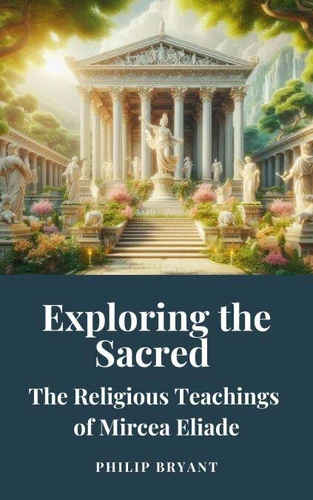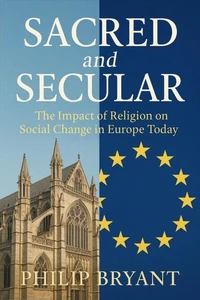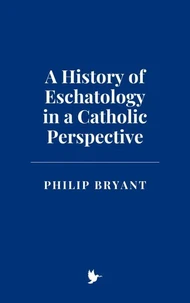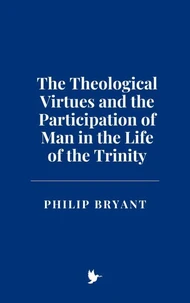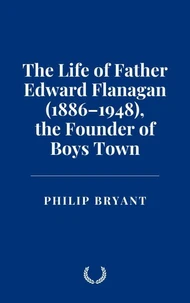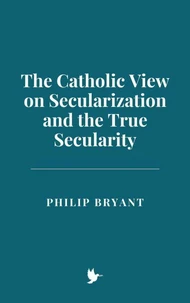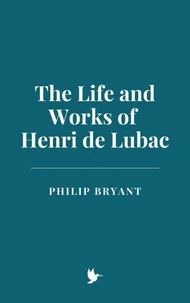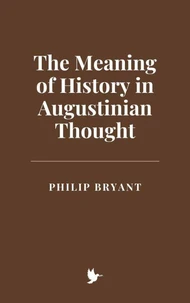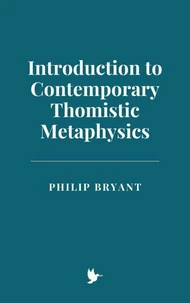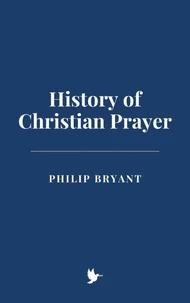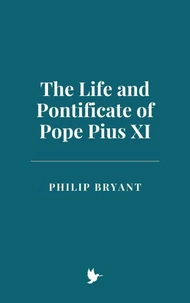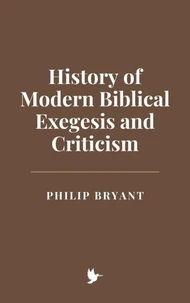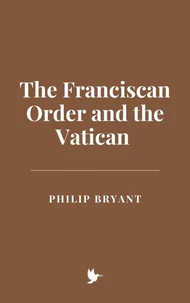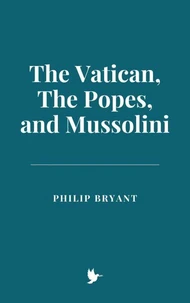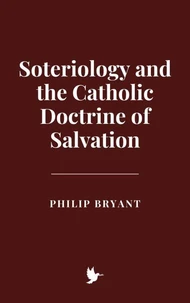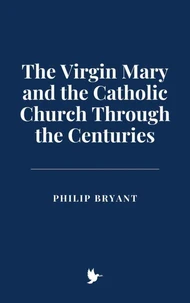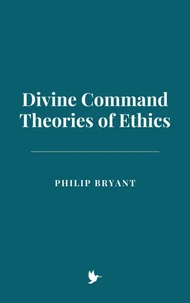Exploring the Sacred: The Religious Teachings of Mircea Eliade
Par :Formats :
Disponible dans votre compte client Decitre ou Furet du Nord dès validation de votre commande. Le format ePub est :
- Compatible avec une lecture sur My Vivlio (smartphone, tablette, ordinateur)
- Compatible avec une lecture sur liseuses Vivlio
- Pour les liseuses autres que Vivlio, vous devez utiliser le logiciel Adobe Digital Edition. Non compatible avec la lecture sur les liseuses Kindle, Remarkable et Sony
 , qui est-ce ?
, qui est-ce ?Notre partenaire de plateforme de lecture numérique où vous retrouverez l'ensemble de vos ebooks gratuitement
Pour en savoir plus sur nos ebooks, consultez notre aide en ligne ici
- FormatePub
- ISBN8227885586
- EAN9798227885586
- Date de parution09/11/2024
- Protection num.pas de protection
- Infos supplémentairesepub
- ÉditeurBig Dog Books, LLC
Résumé
Mircea Eliade's study of religion offers a profound understanding of myth as a vital, sacred dimension of human consciousness that transcends cultural and historical boundaries. Eliade defines myth not merely as fictional narrative, but as a "sacred story" that connects individuals to timeless origins, archetypes, and cosmic truths. Through myth, Eliade argues, humans experience the sacred-a transcendent reality that stands apart from the ordinary, or profane, world of daily life.
Myth provides a framework for understanding existence, offering individuals and communities archetypal models for behavior, moral orientation, and a means to navigate life's challenges. Central to Eliade's theory is the concept of the eternal return, whereby myths are not only recounted but also ritually reenacted, allowing individuals to symbolically return to a sacred time of origins, thus affirming and renewing their connection with the divine.
Eliade's phenomenological approach highlights the autonomy of the sacred and its expression through myth, symbolism, and ritual, which collectively create a bridge between humans and a transcendent reality. Through symbols and archetypes such as the cosmic tree, the hero's journey, and the axis mundi, myths reveal universal patterns that express humanity's shared spiritual heritage. Eliade also addresses the persistence of myth in modernity, noting how contemporary culture continues to draw on mythic themes to explore issues of identity, purpose, and transformation.
Despite secularization, the human need for myth endures, manifesting in new forms that reflect the universal search for meaning and transcendence. In Eliade's view, myth remains a powerful language for understanding the sacred dimensions of life, providing individuals with a way to experience their lives as part of a larger, cosmic order.
Myth provides a framework for understanding existence, offering individuals and communities archetypal models for behavior, moral orientation, and a means to navigate life's challenges. Central to Eliade's theory is the concept of the eternal return, whereby myths are not only recounted but also ritually reenacted, allowing individuals to symbolically return to a sacred time of origins, thus affirming and renewing their connection with the divine.
Eliade's phenomenological approach highlights the autonomy of the sacred and its expression through myth, symbolism, and ritual, which collectively create a bridge between humans and a transcendent reality. Through symbols and archetypes such as the cosmic tree, the hero's journey, and the axis mundi, myths reveal universal patterns that express humanity's shared spiritual heritage. Eliade also addresses the persistence of myth in modernity, noting how contemporary culture continues to draw on mythic themes to explore issues of identity, purpose, and transformation.
Despite secularization, the human need for myth endures, manifesting in new forms that reflect the universal search for meaning and transcendence. In Eliade's view, myth remains a powerful language for understanding the sacred dimensions of life, providing individuals with a way to experience their lives as part of a larger, cosmic order.
Mircea Eliade's study of religion offers a profound understanding of myth as a vital, sacred dimension of human consciousness that transcends cultural and historical boundaries. Eliade defines myth not merely as fictional narrative, but as a "sacred story" that connects individuals to timeless origins, archetypes, and cosmic truths. Through myth, Eliade argues, humans experience the sacred-a transcendent reality that stands apart from the ordinary, or profane, world of daily life.
Myth provides a framework for understanding existence, offering individuals and communities archetypal models for behavior, moral orientation, and a means to navigate life's challenges. Central to Eliade's theory is the concept of the eternal return, whereby myths are not only recounted but also ritually reenacted, allowing individuals to symbolically return to a sacred time of origins, thus affirming and renewing their connection with the divine.
Eliade's phenomenological approach highlights the autonomy of the sacred and its expression through myth, symbolism, and ritual, which collectively create a bridge between humans and a transcendent reality. Through symbols and archetypes such as the cosmic tree, the hero's journey, and the axis mundi, myths reveal universal patterns that express humanity's shared spiritual heritage. Eliade also addresses the persistence of myth in modernity, noting how contemporary culture continues to draw on mythic themes to explore issues of identity, purpose, and transformation.
Despite secularization, the human need for myth endures, manifesting in new forms that reflect the universal search for meaning and transcendence. In Eliade's view, myth remains a powerful language for understanding the sacred dimensions of life, providing individuals with a way to experience their lives as part of a larger, cosmic order.
Myth provides a framework for understanding existence, offering individuals and communities archetypal models for behavior, moral orientation, and a means to navigate life's challenges. Central to Eliade's theory is the concept of the eternal return, whereby myths are not only recounted but also ritually reenacted, allowing individuals to symbolically return to a sacred time of origins, thus affirming and renewing their connection with the divine.
Eliade's phenomenological approach highlights the autonomy of the sacred and its expression through myth, symbolism, and ritual, which collectively create a bridge between humans and a transcendent reality. Through symbols and archetypes such as the cosmic tree, the hero's journey, and the axis mundi, myths reveal universal patterns that express humanity's shared spiritual heritage. Eliade also addresses the persistence of myth in modernity, noting how contemporary culture continues to draw on mythic themes to explore issues of identity, purpose, and transformation.
Despite secularization, the human need for myth endures, manifesting in new forms that reflect the universal search for meaning and transcendence. In Eliade's view, myth remains a powerful language for understanding the sacred dimensions of life, providing individuals with a way to experience their lives as part of a larger, cosmic order.

